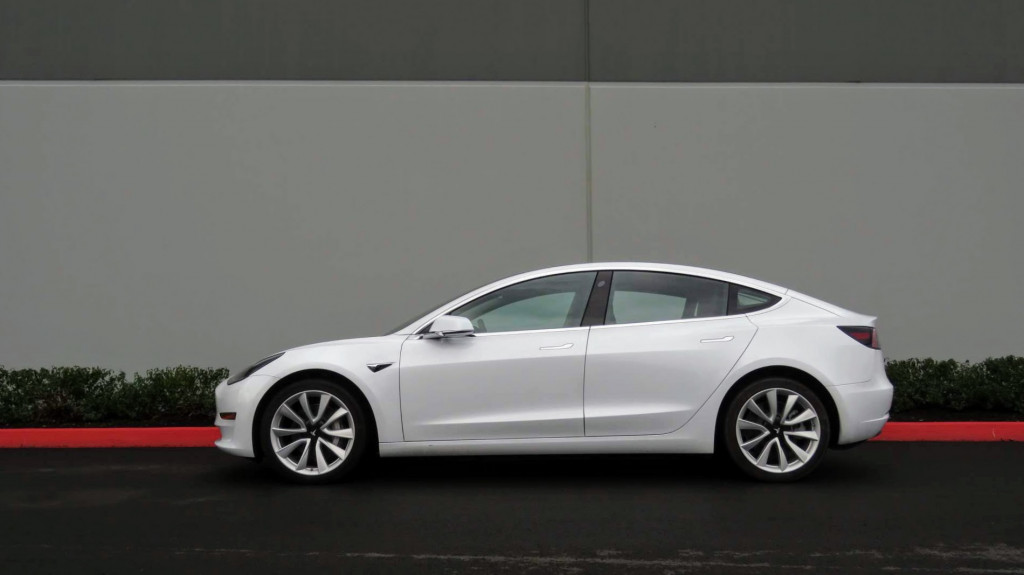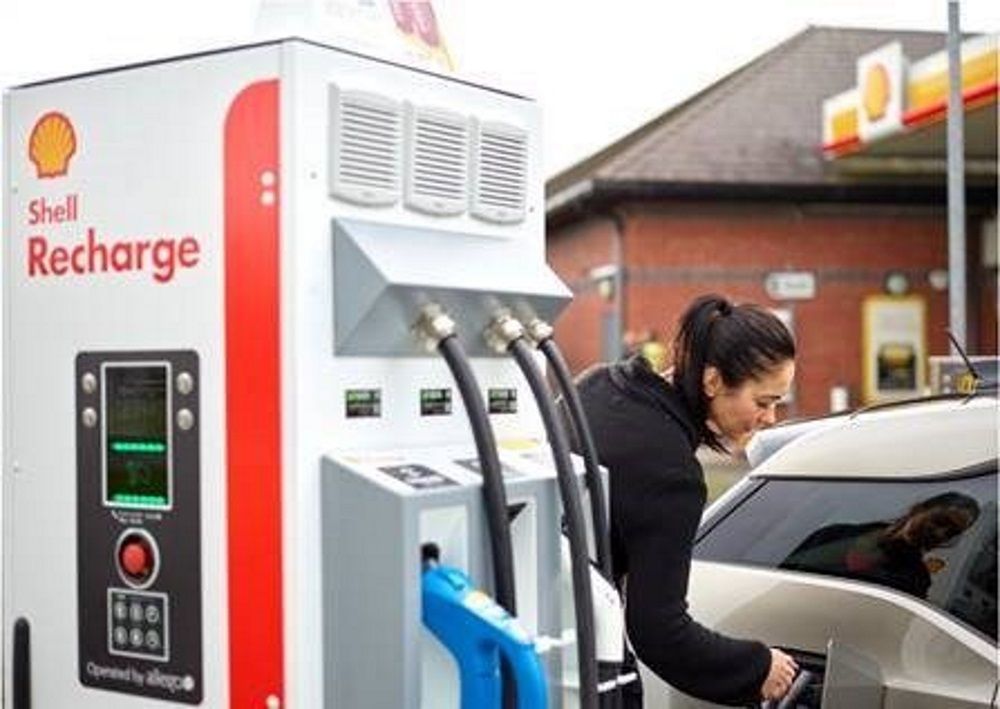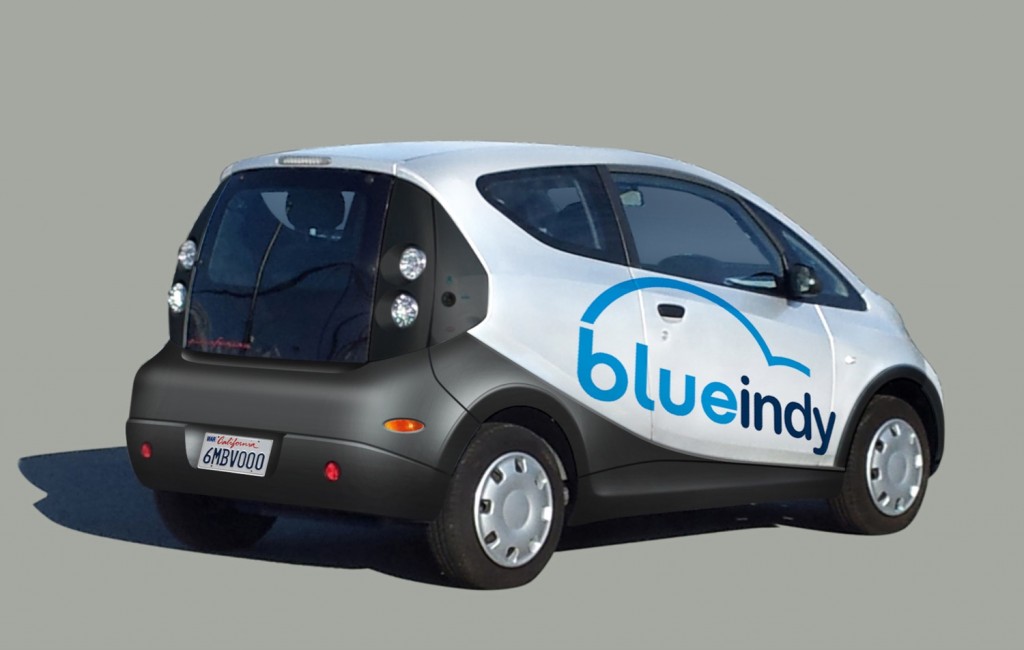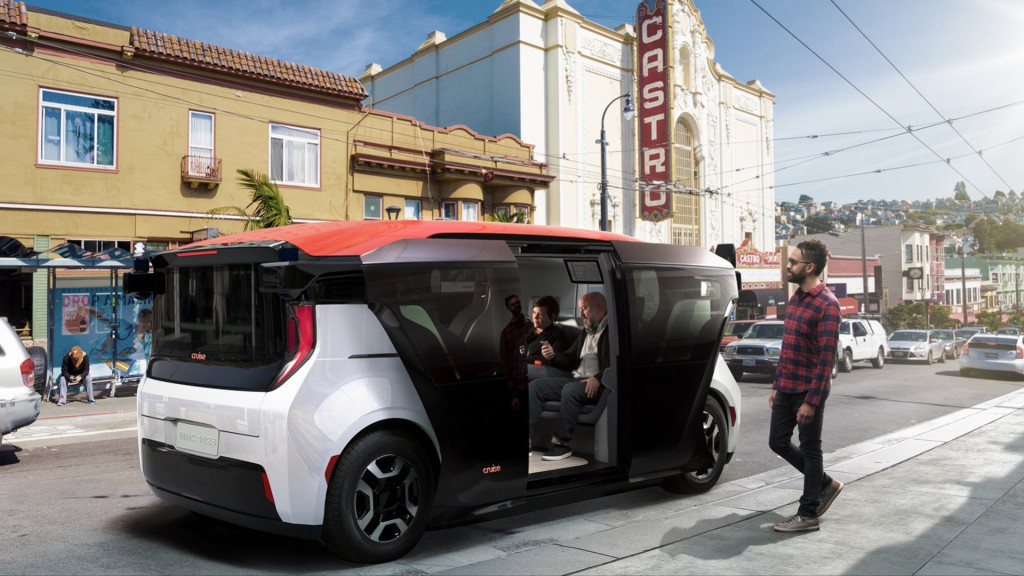What is the top-selling sedan in California?
Which automaker has done a half a million battery swaps?
This is our look back at the Week In Reverse—right here at Green Car Reports—for the week ending June 5, 2020.
First, something for electric-car fans to celebrate: In California, the Tesla Model 3 outsold the Honda Civic, Honda Accord, Toyota Corolla, and Toyota Camry sedans. We’ll have to wait another month or two to see if that trend is continuing for the Model Y, but let that be proof that the future includes lots of EVs.

Tesla Model 3 - Portland, OR - January 2019
A $500 billion House transportation infrastructure bill definitely got some ideas from the Green New Deal thrown in; though it’s unlikely to emerge with most of those, EV charging is in the Senate version, too.
What a difference a few months makes. The IEA has dramatically downsized its expectations for total energy investment this year. It’s now expected to drop 20% in 2020, but it’s too early to tell whether the new trend lines will be a net positive or negative for renewable energy and green vehicles.
Germany is mandating that gas stations offer charging connectors; it’s part of a recovery plan that also incentivizes affordable electric vehicles.

Shell charging station in Britain (higher res)
Audi has designed its thermal controls for the E-Tron SUV and Sportback around its preference for a flat fast-charging curve over a peakier one such as what’s used by Tesla; it’s all about predictability.
Bollinger Motors boasted about the flexibility (shown up at the top of this piece) afforded by its newly patented Frunkgate and Passthrough.
Nissan again confirmed that its handling-enhancing e-4orce all-wheel drive system will soon be produced. It’s set to debut in the upcoming production EV based on the Ariya concept and GCR previewed it earlier this year.

Nissan Leaf e-4orce demo - Las Vegas Motor Speedway, January 2020
Mercedes-Benz plans to produce batteries for its upcoming electric vehicles at nine different global factories, aiming toward carbon-neutral production.
Via Nio Power, China’s Nio has completed 500,000 battery swaps—showing there might be some potential in a service that Tesla abandoned.
Indianapolis’ original electric car-sharing operation, BlueIndy, has been shuttered, and a number of the cars from it await the crusher. The city doesn’t appear to be showing any love toward keeping and maintaining the network’s Level 2 chargers, either.

BlueIndy Bolloré BlueCar
Some 2019-2020 Toyota RAV4 Hybrid models are being recalled for a potential manufacturing issue in the front suspension. This recall has nothing to do with the 2021 Toyota RAV4 Prime plug-in hybrid, which we reported last weekend will have a 42-mile range and potentially cost less, after incentives and tax credits, than the Hybrid.
There’s plenty of potential reframing of top-performance models as electric cars. The BMW M5 performance sedan will go all-electric in its next-generation form, according to one report from a well-networked source. And the Kia Stinger sport sedan might also make the leap away from internal combustion, according to another report—citing hints from that company’s design boss.
There was a major leap for electric flight. In Washington State last week, a converted Cessna made a 30-minute flight on battery-electric power and is the largest commercial electric airplane to be tested yet.

Cruise Origin driverless vehicle
Perhaps the biggest surprise of the week: General Motors is reportedly working on an electric fleet-oriented van for last-mile delivery, in an effort to preempt efforts from Ford, Rivian, and even Tesla—and possibly, find a “Model 3 moment” in the lucrative commercial-vehicle sector.
_______________________________________
